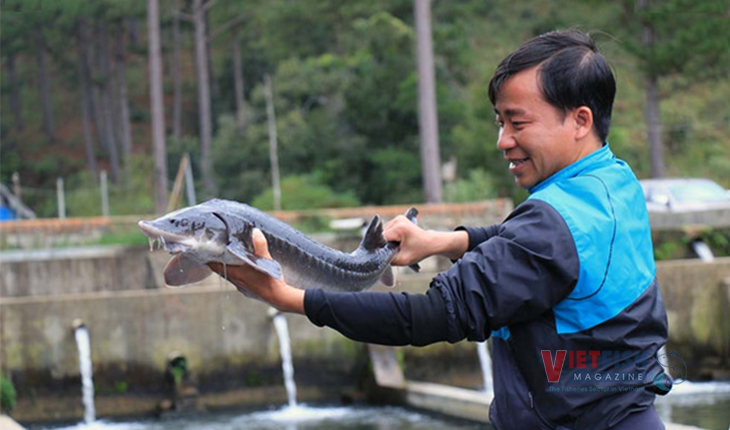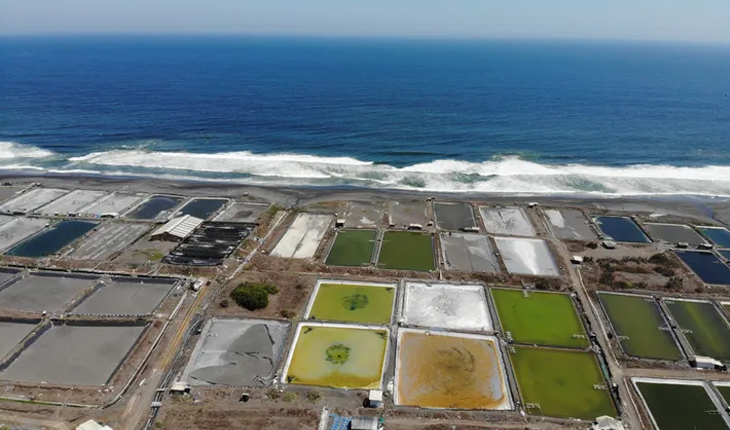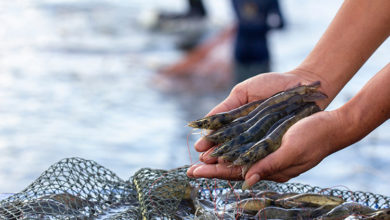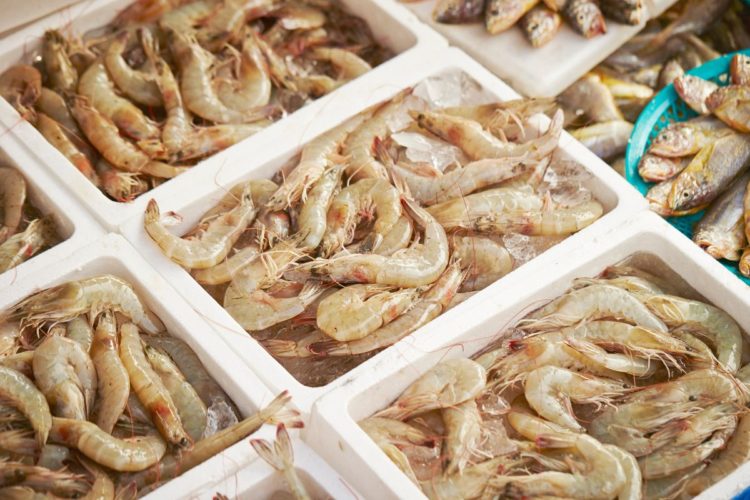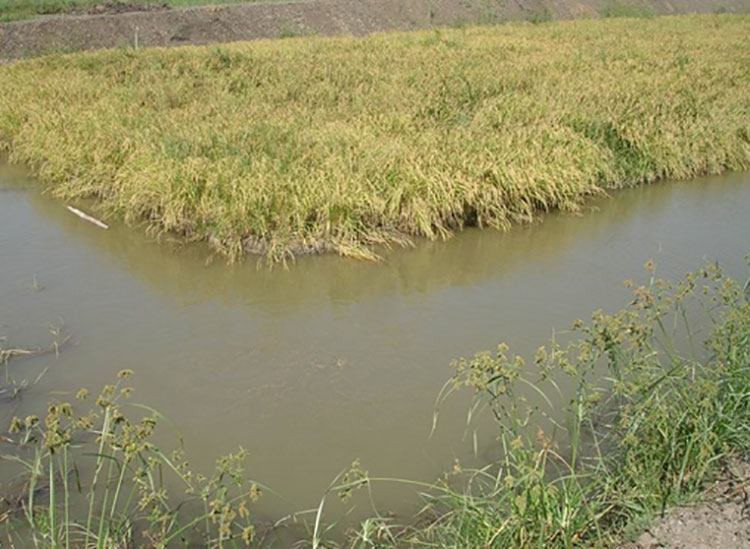Resolving 9 issues for high-tech marine aquaculture
The Secretary of the Khanh Hoa Provincial Party Committee has tasked the Provincial People’s Committee with continuing to develop a project to expand the high-tech marine farming model while addressing nine bottlenecks in marine farming.
High-tech marine aquaculture yields outstanding results
Nguyen Duy Quang, Director of Khanh Hoa’s Department of Agriculture and Rural Development (DARD), stated that after one year of implementing and supporting 10 households in piloting high-tech marine farming with HDPE cages, six households have harvested and all have seen superior results compared to traditional cages. Specifically, the cobia farming model achieved an average profit margin of 172%, the lobster farming model 112%, and the grouper farming model 131%.
Le Ngoc Thach, Chairman of Cam Ranh City People’s Committee, expressed that residents wish to expand these models. However, the main difficulties they face are the investment capital for HDPE cages and specific farming areas. The local authorities are currently awaiting the national marine spatial planning to allocate sea surface areas to aquaculture households.
Regarding financial policies for marine farming in the province, Do Trong Thao, Director of the State Bank of Vietnam – Khanh Hoa Branch, mentioned that the bank has issued an official letter requesting DARD to collaborate in providing a list of fishermen, enterprises, contact addresses, phone numbers, and their capital needs for converting from traditional cages to HDPE cages and other technologies. After assessing the feasibility of the projects, the credit package could amount to up to VND 30 trillion. Additionally, the bank will coordinate with the provincial DARD to organize a conference connecting banks and enterprises in this field in the near future.
Regarding HDPE cages, Nguyen Thi Hai Binh, General Director of STP Group, stated that the company has mastered this technology. The company’s HDPE cages, available in various shapes (square, round), are suitable for different sea areas within or beyond 3 nautical miles, with the current cost reduced by one-third compared to before.
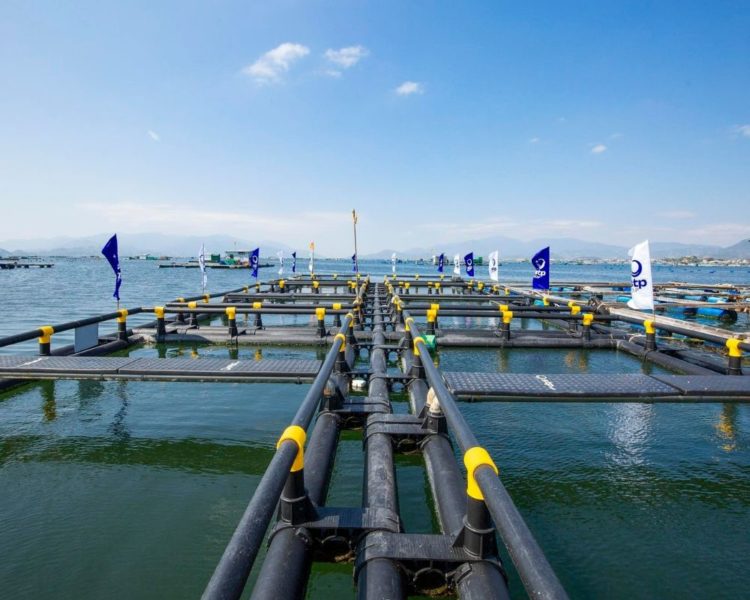
To expand the use of HDPE cages, Binh proposed that the province allows the company to collaborate with Vingroup and other enterprises to offer installment and rental services for HDPE cages. The company has a policy allowing payment of 50% of the costs over two years, while the residents only need to pay the remaining 50%.
Regarding the seed stock for marine farming, Vo Van Nha, Director of the Institute of Aquaculture Research III, noted that the seed stock in the province is currently diverse and can be sourced locally. However, for lobsters, 70% of the seed stock still depends on imports.
Industrial feed for marine fish has been researched and many types have been commercialized. However, despite research on feed for lobsters, commercial production has not yet been achieved.
Addressing 9 issues in marine aquaculture
Secretary of the Khanh Hoa Provincial Party Committee Nguyen Hai Ninh identified nine issues that need to be resolved to promote high-tech marine farming:
- Continue surveying potential marine farming areas to determine if they can be expanded.
- Local authorities must review and classify all farming households and prevent unauthorized expansion of cages.
- The provincial government should plan farming areas and allocate sea areas for aquaculture to residents and organizations.
- The State Bank’s Khanh Hoa Branch should lead and coordinate with relevant departments to develop credit policies to help residents convert to HDPE cages.
- Bao Viet Insurance Company should assist in building and proposing insurance policies for assets and people working on aquaculture cages and related equipment.
- The provincial government should establish high-tech cage criteria and inspections, allowing residents to choose appropriately priced HDPE cages for conversion.
- For feed and seed stock for marine farming, the provincial government should work with scientists and invite enterprises to invest in industrial feed processing plants with preferential policies.
- For establishing marine farming cooperatives, the Secretary tasked the Provincial Cooperative Alliance to provide support. Additionally, Australis Vietnam Company should explore collaboration with residents to support and develop marine farming.
- For other issues (infrastructure, market, tourism integration, etc.), the provincial government should conduct research and propose investments in farming area infrastructure, such as buoys and support vessels.
VFM


